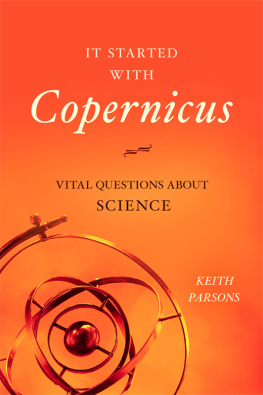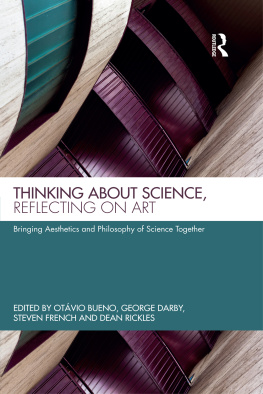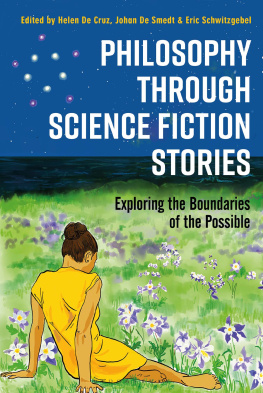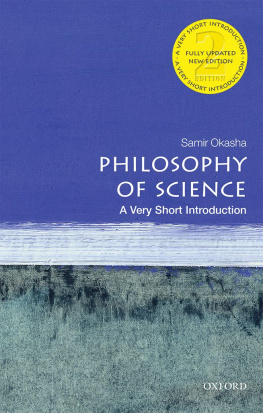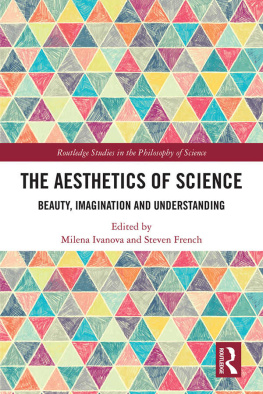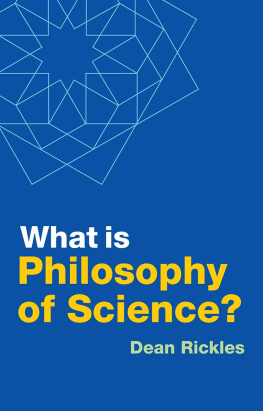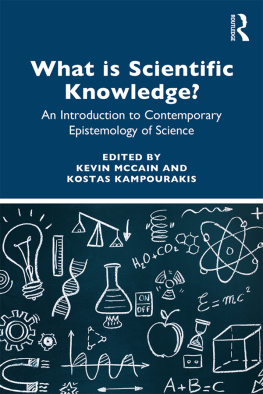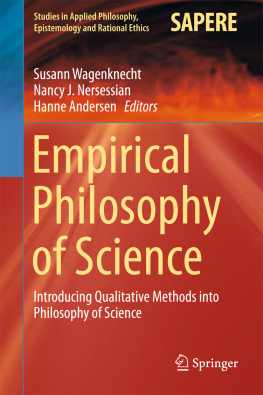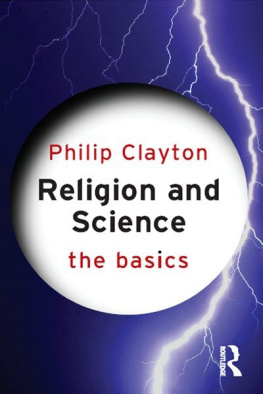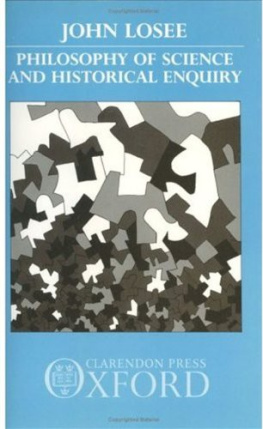
COPERNICAN QUESTIONS, 2006
Much of this book was written while I was on faculty-development leave during the fall term of 2004. I would like to thank the faculty committee; my dean, Bruce Palmer; and the University Provost, Jim Hayes, for recommending and approving the leave time, as well as for their many encouraging remarks and expressions of support. I have always felt that my research and writing were strongly supported by administrators and colleagues, and I am grateful for that.
Jon-David Hague, Rona Allison, and the staff at McGraw-Hill were unfailingly polite and helpful during the process of producing this book. Five referees who read the (very raw) draft of some of the manuscript chapters offered many helpful criticisms and comments, for which I am greatly appreciative. I made a special effort to rewrite sections where, as they pointed out, my rhetoric got a bit carried away. Others of their suggestions, such as favoring the addition of extra topics, while eminently reasonable, could not be accommodated without fundamentally changing the nature of the text. Some criticisms of some referees struck me as wrongheaded, and I chose to ignore these. Naturally, I have nobody but myself to blame for any faults in the text resulting from this decision.
Others who read some or all of the manuscript and made many helpful suggestions include philosopher Cory Juhl of the University of Texas at Austin, philosopher Robert Almeder of Georgia State University, and two of my friends here at University of HoustonClear Lake, physicist David Garrison and biochemist Ron Mills. Everyone these days is exceedingly busy, and it means a lot to me when people take the time to read things and give you thoughtful feedback.
I would like to thank my professors from the Department of History and Philosophy of Science and the Department of Philosophy at the University of Pittsburgh for creating an outstanding environment for the study of the philosophy of science. I especially would like to thank Professors John Earman and Clark Glymour, who jointly conducted a seminar on the realism/antirealism issue that I attended as a grad student at Pitt. This was a terrific seminar that showed how good graduate education can (all too rarely) be. Also, I would like to take a moment to honor the memory of Professor Wesley Salmon, whose tragic death in an automobile accident saddened us all and deprived the philosophy of science of one of its most penetrating and lucid intellects.
Naturally, while writing a book you impose on your family more than anyone else. I would like to thank my wife, Carol, for putting up with the weekends spent at the office writing and revising, and for cheerfully tolerating my general air of distraction when some problem would preoccupy me. We did take one week of the faculty-development leave time for a wonderful vacation in Paris. So, I lovingly dedicate this book to Carol, and I hope that whenever she sees it, she will think of Paris.
IT STARTED WITH COPERNICUS, 2014
When you commit to two major publishing projects with short due dates, asprobably foolishlyI did, you are bound to inconvenience some people. I would like first and foremost to thank Dr. Robert Zaballa, my coauthor on an immediately upcoming project, for his patience in waiting the extra months it took me to finish this book. I was confronted with two projects, neither of which I felt I could forego, and I greatly appreciate his forbearance.
As always, I would like to thank my wife, Carol, for her patience and understanding when I am absorbed with a major project. I would also like to thank a number of my colleagues who in the goodness of their hearts continue to be on speaking terms with me though my publishing deadlines kept me from doing my fair share of some important work, forcing them to take up the slack. I hope to make it up to them by doing extra work once these big projects are done.
A number of philosophers read parts of the new material and gave me very valuable feedback. John Beversluis read each of the new chapters and had many helpful comments and suggestions that improved each of those chapters. Charles Echelbarger also read and commented on a number of passages. Andrew Melnyk read the portions of that referred to his argument and returned valuable comments to me. When I posted online some of my critiques of their argument from reason, Professors Charles Taliafero and Stewart Goetz kindly sent me a response by private e-mail. Unfortunately, the present work did not have room for their response and my reply, so I hope to further address these points in a later publication. Of course, any remaining errors of fact or interpretation are my own responsibility.
Special thanks must go to our faculty-suite secretary Jacque Darragh for her help in generating the manuscript for this book. Support staff always deserve more appreciation than they get. Pretty much nothing would get done without them.
Finally, as always, Steven L. Mitchell and his staff at Prometheus Books did their usual highly professional job in producing this book. The high production values of Prometheus and the dedication of its staff always make it a pleasure to work with them.

On May 24, 1543, Europe's foremost astronomer lay dying. The story goes that Nicholas Copernicus was on his deathbed when he received from the printer the first copies of his great work De Revolutionibus Orbium CaelestiumOn the Revolutions of the Heavenly Spheres. This work proposed nothing less than a radical revision of the established view of the universe. Copernicus argued that the earth is not the immovable center of the universe but rather is part of a solar system. He proposed that the earth, along with its sister planets Mercury, Venus, Mars, Jupiter, and Saturn, are arrayed in a series of concentric circular orbits about the sun (or, to be precise, a point very close to the sun). Copernicus was not the first to make this startling suggestion; several thinkers in ancient Greece had entertained the notion of a heliocentric (sun-centered) cosmology. But by Copernicus's day, the geocentric (earth-centered) cosmology had gained the full support of science, philosophy, and, most important of all in those days, theology. So deeply entrenched was the geocentric view that Copernicus's system was inevitably regarded as shocking, absurd, or perhaps even heretical. Yet despite the opposition of scientists, philosophers, and the churchwhich famously condemned Galileo for defending the Copernican viewthe heliocentric theory had won by about 1650.
The Copernican Revolution, like the Darwinian revolution of the nineteenth century, impacted not just science but something deep within the human psyche. Anyone who has followed the recent debates over scientific creationism or intelligent design theory knows that the Darwinism continues to elicit passionate feelings. In a sense, we are also still coming to terms with Copernicus.
WHAT WAS COPERNICUS'S REVOLUTION?
Just what was so radical about Copernicus's theory, and why did it shock so many of his contemporaries? Why did others find it so inspiring that it is fair to say that the whole Scientific Revolution began with Copernicus? To answer these questions we have to get deeper into the history. Merely to say that with Copernicus science moved from an earth-centered to a sun-centered cosmology is hardly adequate to understand the depth and breadth of a transformation so profound that it really marks the beginning of the modern world and the demise of the medieval one.
Next page
